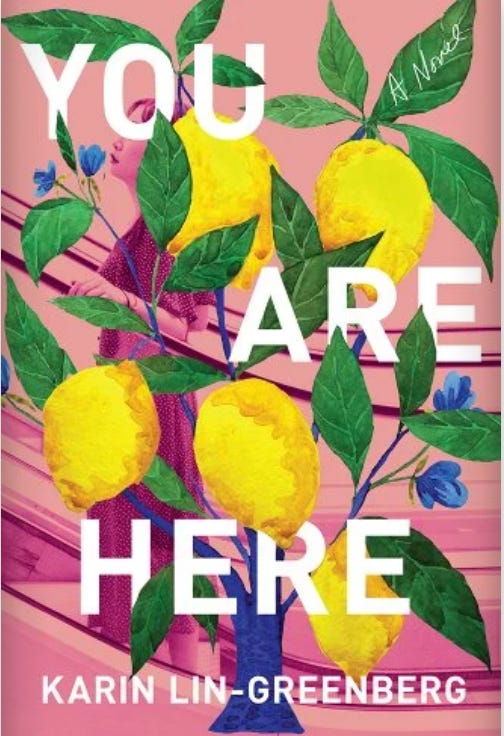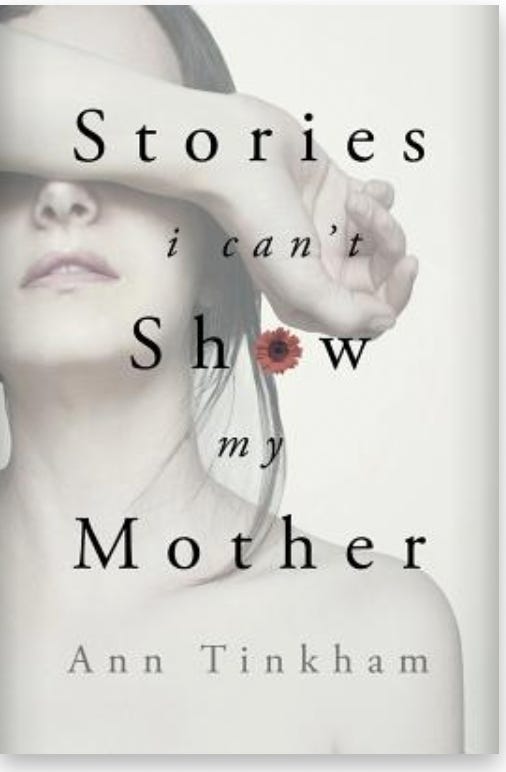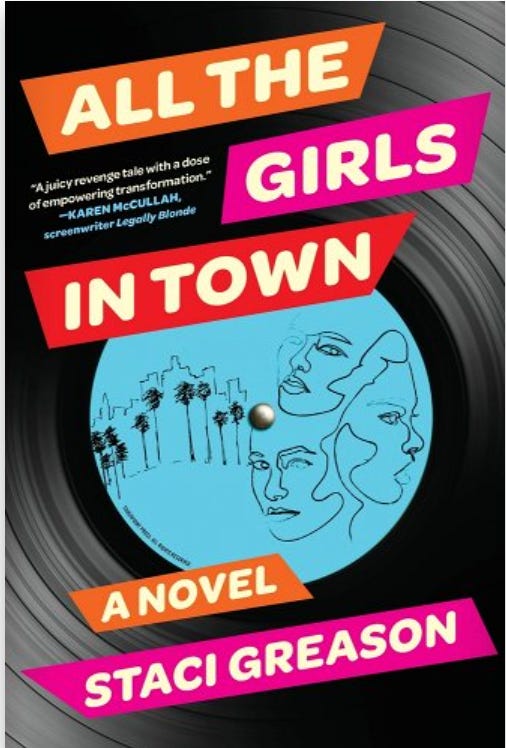Ploughshares is open for submissions (annual reading period: June 1 - January 15). The new issue, guest-edited by Rebecca Makkai, features a short story, “My Refugee,” by recent Bookish interviewee . 📗
Bookish subscriptions are 25% off through July 31. A preview of July’s agent list is accessible here.
Northwestern University’s Summer Writers’ Conference, fully online, will take place this Friday & Saturday, July 19-20. Full schedule and faculty listing here.


Over the last few years, I’ve wondered many times if the present moment would be different if we were all required, from early childhood until our final hours, to read a minimum of two books per month. I know this scenario is fantastical, but what if it weren’t, and what if, like some countries’ 1-2-year compulsory government or military service, we were all beholden to a monthly reading quota?
Academic research has shown that reading fiction can lead to an increase in empathy and curiosity about the lives of strangers. Apparently, this is less true with nonfiction, but there must be exceptions—books like Matthew Desmond’s Pulitzer-prize-winning Evicted and
’s Always Crashing in the Same Car: On Art, Crisis, and Los Angeles, come immediately to mind.In most of my fiction workshop syllabi, I include the following quote from the British writer Ian McEwan (probably best known for his 2001 novel Atonement): “Imagining what it is like to be someone other than oneself is at the core of our humanity.”
To ensure that I do some non-teaching-related reading, I’ve set a goal of two books per month for my discretionary reading. If my workload is lighter, I try to read 4-6 books (but since the pandemic, I’m more easily distracted by…everything, which is #*!@% maddening.)
For today’s post, I asked several writer friends if they also have monthly reading goals.
Karin Lin-Greenberg (author most recently of the novel You Are Here): I don’t set a quota because I think that would end up making me feel disappointed in myself if I don't reach it. Like you, I find myself doing a lot of reading for teaching (both student work and choosing published texts to teach and then preparing those texts for class discussion) and also end up reading other unpublished work for a variety of reasons (if I’m judging a contest, writing a blurb, rereading student work in order to write a letter of recommendation, reading a friend's manuscript, etc.).
Also, my reading time varies at different times of the year (mostly related to teaching responsibilities), so I don't want to set a blanket goal for every month. I just try to read as much as I can in the time I have!
Angela Pneuman (last week’s Bookish interviewee & author of Home Remedies and Lay It on My Heart): I read 3-5 books depending on the month, and on how much I’m writing—I read more when I’m writing, somehow!
Ann Tinkham (author most recently of Stories I Can’t Show My Mother): I try to read 1-2 books per month.
Leland Cheuk (novelist, book critic, and founding editor of 7.13 Books): I do not quota myself.
Staci Greason (author most recently of All the Girls in Town): I don’t give myself reading quotas, but I recently decided to tip the scales for better mental health and spend more time in front of a book than my phone. I finished reading two novels in under two weeks! Which is a lot for me. And I have noticed a change in my mood – for the better.
Sean Singer (award-winning poet and Substacker at
): Yes, at minimum 1 book per week, or 1,100 books read per each book written, or look at 1 poem/art work/piece of music per day.—
Book clubs are one way some bibliophiles make sure they’re reading regularly. If you don’t belong to one and are interested in joining one, check out your library’s offerings, or you might start a book club with a few friends.
Many bookstores also conduct book discussion groups that meet in-store. Mad Street Books at 1127 W. Madison St. in Chicago, for example, has a number of different monthly book clubs. (On July 18, 7-8 PM, the romance book club will discuss Ashley Poston’s The Seven Year Slip.)









I'm a slow, aged reader who would find reading two books a month a serious challenge. I've always been a slow reader and that pattern was exacerbated by several decades as an editor. I managed to hold my own as a member of a judging panel for a large b-o-t-y contest in the recent past, but the last weeks of the judging (when we had to read the best books cover-to-cover) made me a full-time reader and burned me out for months afterward.
I'm back up to one/month, now. I've cut back on beta reading for other writers, and I'm revisiting some titles I read years ago. In most cases, I understand them differently at this stage of my life, and often enjoy them more. I've also discovered a web site that allows free downloads of pdf scripts from popular movies. These make a pleasant change of pace to narrative fiction because the wordage is so spare and yet, for the movies I've seen and loved, the visualization is incredibly rich.
Now that I think about it, reading a book and a script each month is a worthy goal. Thanks for the suggestion!
Two things: 1) I read really slowly, and 2) In recent years I've had a hard time finding books I like enough to finish reading them.
That said, I start reading at least two books/month!